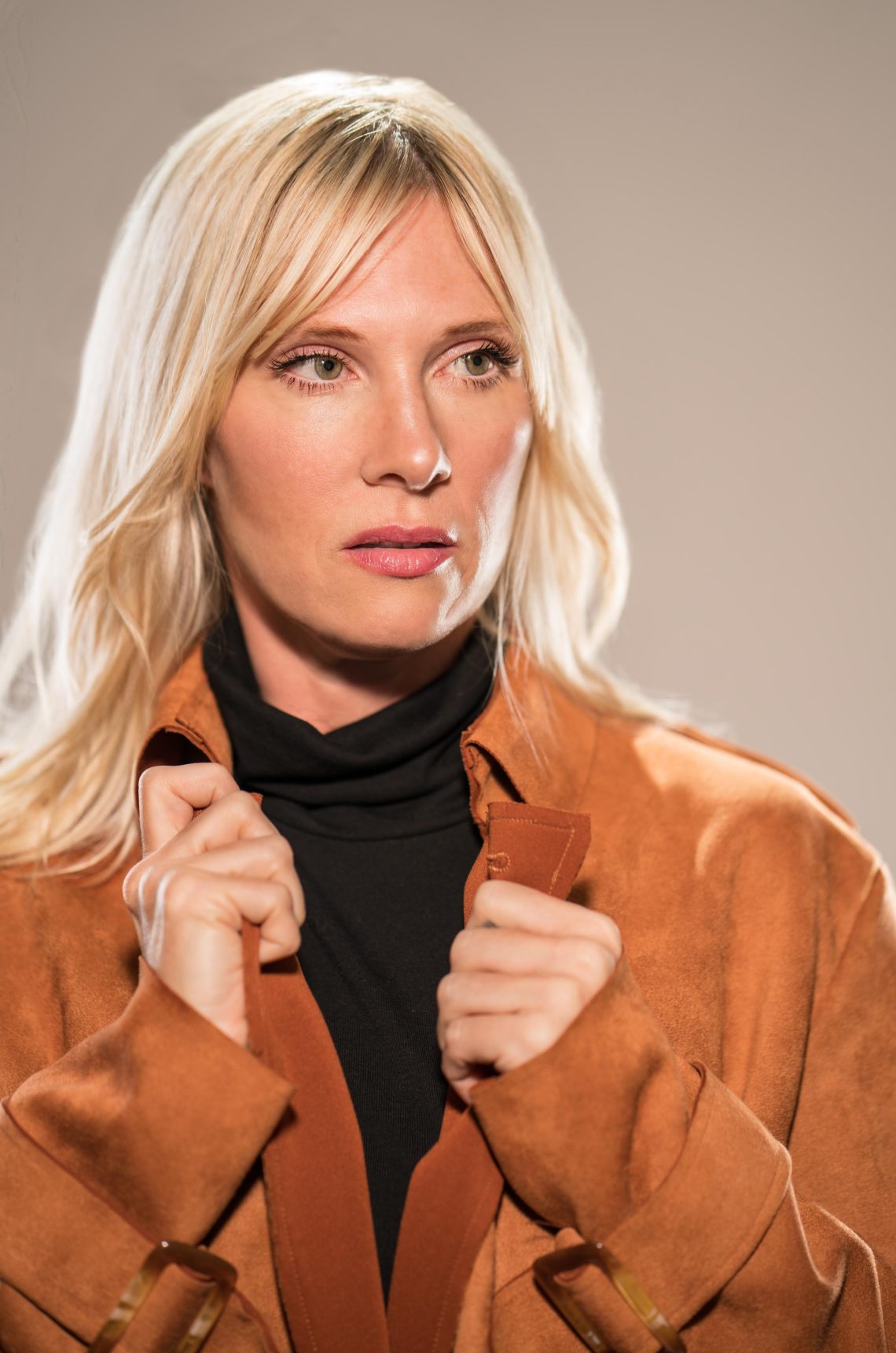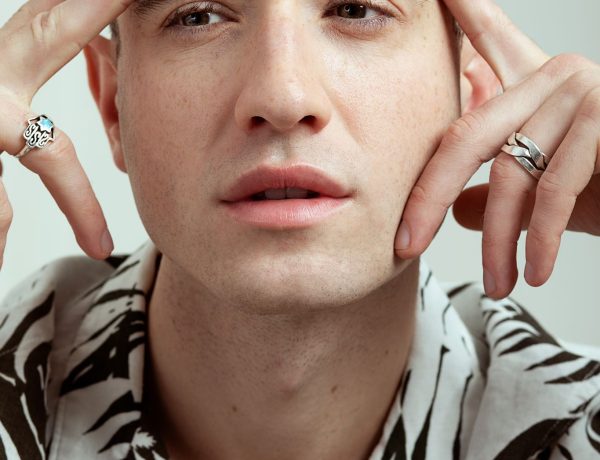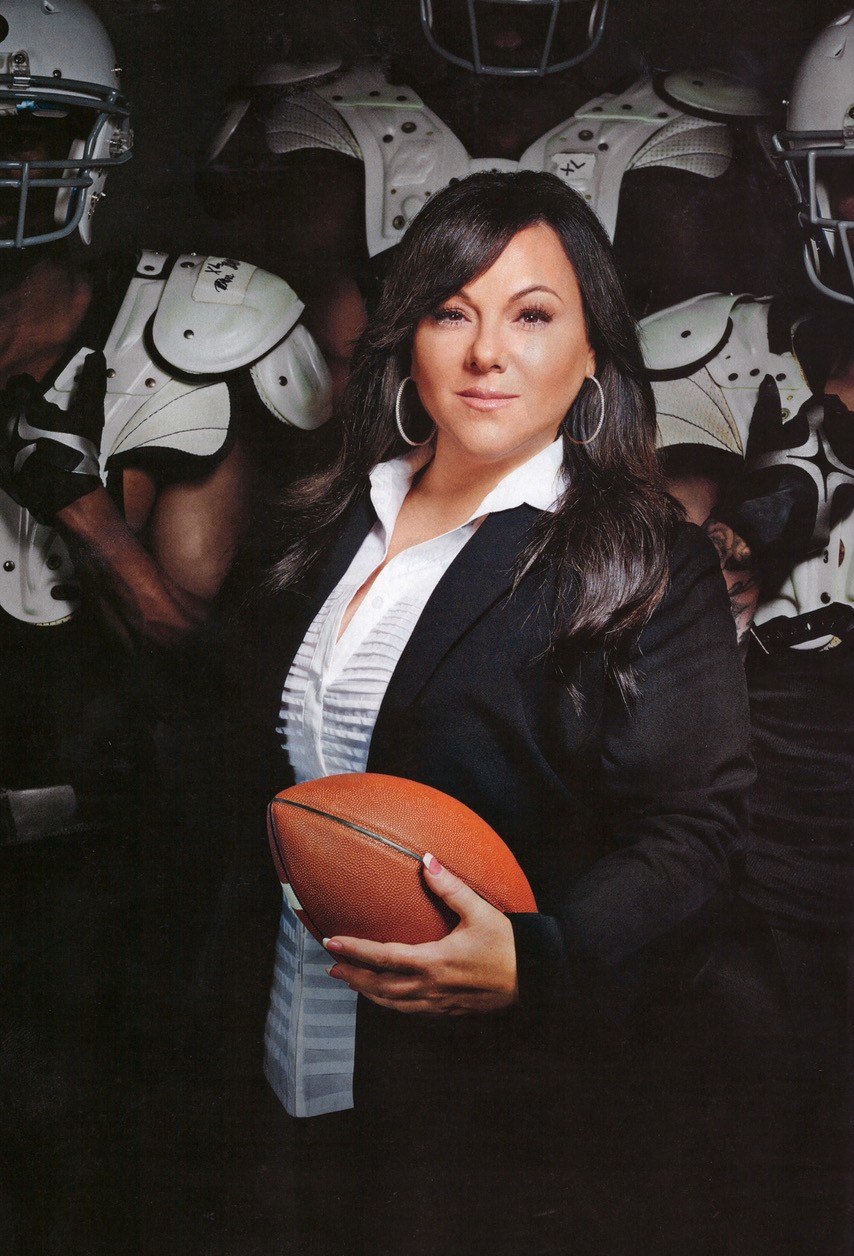The blissful ignorance that comes with youth sometimes translates into a lack of awareness of the people around us.That same attitude can carry over to our elders. Lucy Walsh was determined to rectify this mistake. “As a child, I adored Wanda and Dale but took them for granted, at face value – ‘old people.’ It never occurred to me that they were full and passionate humans, just like you and me,” she admits. “It wasn’t until I received my grandfather’s WWII letters and got a glimpse of who they both were in their twenties that I became fascinated to find out more about the full lives they had lived.” Those correspondences moved her to become the personal historian of her grandparents. Painful questions left unanswered by her grandfather galvanized her to preserve and cherish Wanda’s legacy. “When I was seventeen, my Grandmother Wanda went to her closet shelf and pulled out and gave me the sixty-three remaining love letters my Grandfather Dale had written to her while he was away fighting in WWII, 1943-1945. Immediately, I knew they were really important – an actual living piece of the world’s history. I wanted to make them into a film someday, and so I began asking questions of my grandparents about the stories in the letters. Before I got a chance to ask Dale much, he died with Alzheimer’s, and his memories were gone from the story forever. The trauma of watching that is what led me to sitting with my Grandmother Wanda in her nursing home when she was ninety-seven years old…for a three-day interview about her life. She died only four months later. This book is the story of those three final days with Wanda, in which I connected with Wanda deeper than in our entire lifetime together.”
She began to view her grandparents in a new light. Everyone wants to be heard. “The letters have shown me the need we all have for connection, comfort, and love. Dale was writing them home to her from horrible conditions right behind the front lines of the war, and it was his only way to keep himself hopeful about surviving the situation. Human connection saves us all and keeps us going in our darkest moments – knowing that there’s at least one person who’s listening, who cares.” Lucy’s resulting book, Remember Me As Human, captures the poignancy of intergenerational connection. “A dozen years after receiving Grandmother Wanda’s letters, life-changing events compelled me to fly from Los Angeles to tiny Newman, Illinois, to spend three days talking with Wanda for what would be our final conversations. What began as me asking about the letters, became an unexpected master class in truly living.” Time was of the essence. She had an obligation to preserve Wanda’s perspective. “IWanda was talking nonstop about wanting to die, to be reunited with her husband and family (she was the last one living of all twelve siblings, parents, husband, etc.), so I knew I was in a race against time. I did not want to miss out (as I had with my grandfather) on asking her important questions about our family and about her thoughts on life at almost a century old.” Her grandmother carried heavy burdens at a young age. Optimism can buoy us through anything. Wanda was ready to release her imperfections. “She experienced more heartbreak and tragedy by the time she was twenty years old than most of us do in a lifetime (much of it in the book), and yet she always fought to have a positive attitude, was honest about so many personal things that were not easy to discuss and left me with her dying wish of ‘wanting to be remembered as human.’ It is through embracing our shame, our most protected shortcomings, that we are closest to our most magnificent ‘humanness’ – from the mouth of a 97-year-old, that’s what truly matters in the end.”
What arose from their dialogue was nothing short of a revelation for Lucy. We must be gentler and kinder. “I feel the interview with Wanda brought me to a new understanding of empathy, compassion, forgiveness, mercy…for others, and for myself above all. I learned through so many issues the interview confronted me with that we don’t need to be afraid of what we don’t understand or agree with.” And above all, unspoken truths need not be shrouded in a veil of stigma. The albatross of shame can be cast off for the benefit of those to come. “Her candor illustrated to me that it’s ok for us all to loosen our death grip on protecting our family secrets. We carry our family’s ‘dirty laundry’ through generations when it never even belonged to us, and we can set it down now. That’s breaking the cycle of generational trauma, and I hope Wanda’s honesty has helped our family do just that.” The most consequential birthright is the gift of healing.
Read more Celebrity Interviews on ClicheMag.com
Lucy Walsh Disrupts Generational Trauma in New Book, “Remember Me As Human.” Photo Credit: Justin Piccari.





